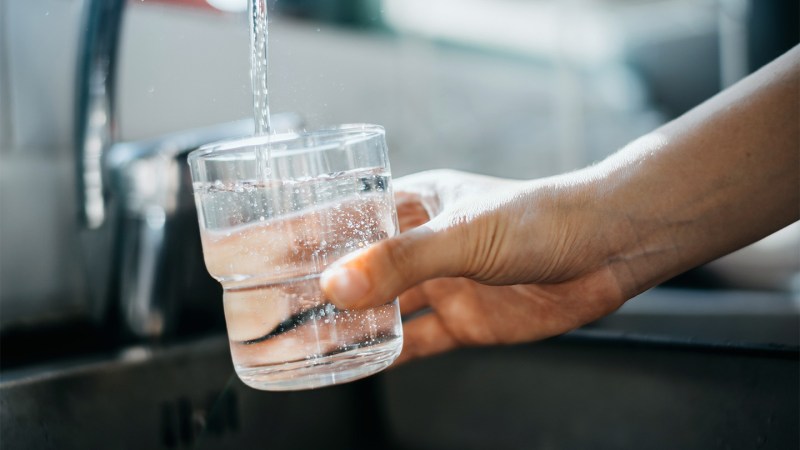
Extreme Climate Survey
Scientific news is collecting readers’ questions about how to navigate our planet’s changing climate.
What do you want to know about extreme heat and how it can lead to extreme weather events?
This is partly because it can be difficult to collect data on the number of people using safely managed water services, especially in regions with limited technology. Incomplete information creates challenges for international efforts to expand access to clean water (SN: 25.11.18). The new work aims to help close that gap, Greenwood says.
Using a computer simulation that integrates environmental data with survey data from nearly 65,000 households worldwide, Greenwood and colleagues created maps for 135 countries showing areas that were likely to have safely managed drinking water services in 2020. By comparing those maps with population data from UNICEF, the team estimated how many people did not have clean drinking water.
Regions with the lowest clean water use include sub-Saharan Africa, South Asia and East Asia, the team found. The most common limiting factors for safe access to drinking water include bacterial and chemical contamination and inadequate infrastructure. For example, about 650 million people in sub-Saharan Africa do not have drinking water services in or near their homes, the researchers found.
High-income countries were not included in the analysis, but the team acknowledges that some populations in these countries also probably have insufficient access to safe drinking water.
The new estimate may not replace the official count, which is based on country-provided data rather than surveys and simulations, says water solutions researcher Gregory Pierce of the University of California, Los Angeles. “It’s highly unlikely that those who are producing the official estimates will be okay with using these methods because there are a lot more projections involved.”
Still, Pierce wants the new rating to spur further investment in research efforts and making clean water more accessible, which the United Nations classifies as a human right (SN: 7/12/19). “We’ve been investing in them for quite some time as a global community, but we haven’t actually increased the order of magnitude,” he says. “So hopefully this will lead to what is needed to close the gap.”
#billion #people #access #clean #water
Image Source : www.sciencenews.org